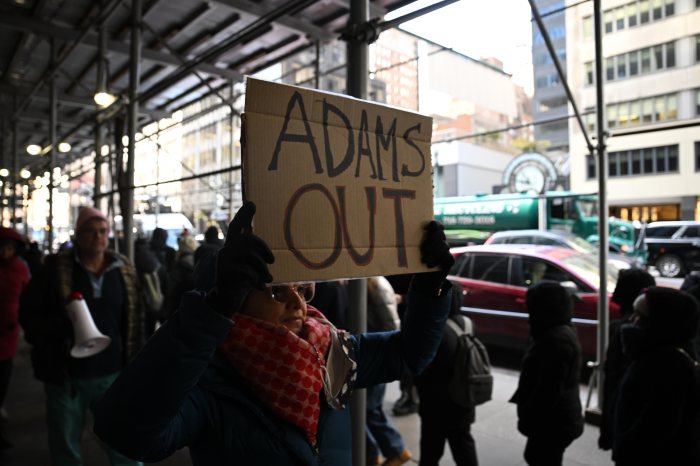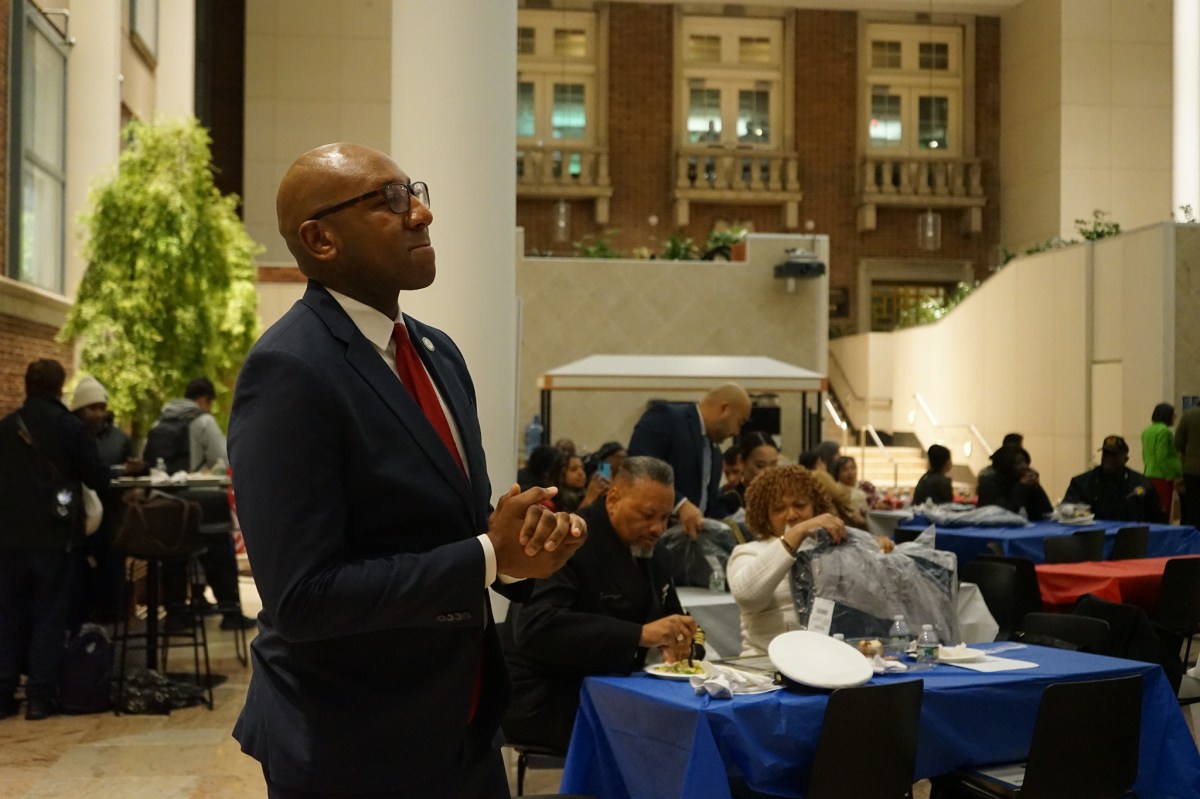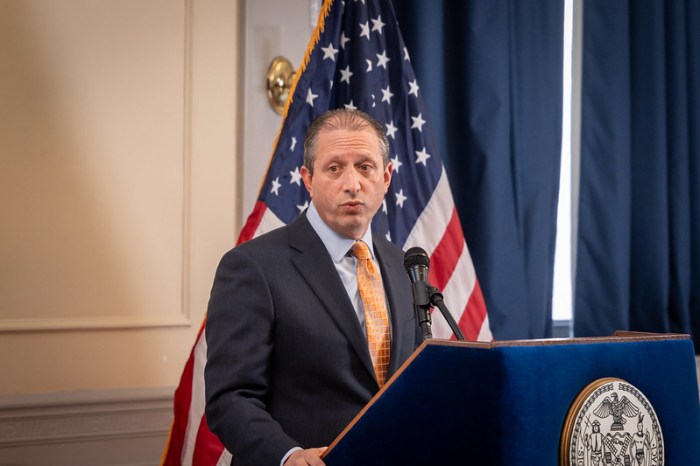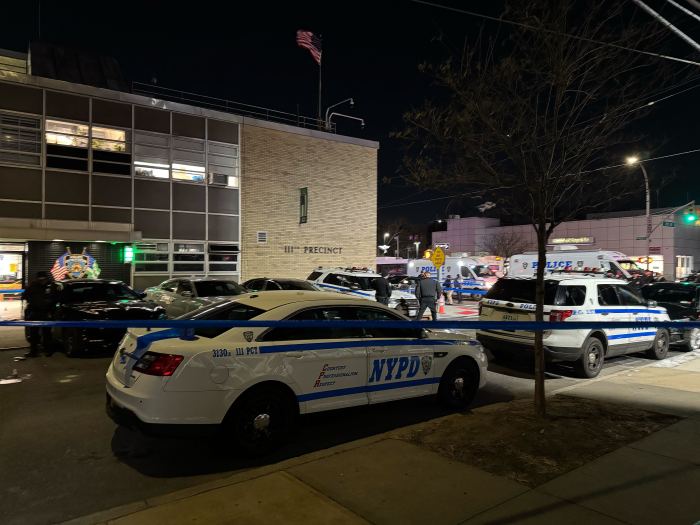By David Morgan
The U.S. House of Representatives will vote on Thursday on sweeping Democratic police reform legislation that is opposed by President Donald Trump and Republicans, in the latest sign that congressional efforts to rein in police misconduct have hit an impasse.
The Democratic-controlled House is due to consider the legislation a month to the day after George Floyd’s May 25 death in police custody set off worldwide protests against police brutality. A vote is expected between 7 p.m. and 7:30 p.m. EDT(2300 and 2330 GMT).
The bill, which mandates concrete changes in laws and policies to rein in police misconduct, is widely expected to pass the House. But the Republican-led Senate is unlikely to agree to the measure as written after Senate Democrats blocked a Republican reform bill on Wednesday.
Democrats and Republicans are deadlocked over how to address racial inequities in American policing despite strong public sentiment for effective reform after Floyd died in Minneapolis after a white policeman knelt on his neck for nearly nine minutes.
Senator Tim Scott, the Senate’s only Black Republican and author of the chamber’s failed police reform bill, accused Democrats of rejecting Republican input on the House bill to deny Trump and his Republican allies a victory on an issue vital to Black America ahead of the November election.
“This is pure race politics at its worst,” Scott said on Fox News, warning that congressional inaction will leave Black Americans vulnerable to further police violence. “There will be blood on the Democrats’ hands,” he said.
The Democratic and Republican bills address similar issues: chokeholds, no-knock warrants, police body cameras, use of deadly force, and training to de-escalate confrontations with suspects and to encourage officer intervention against illegal conduct as it occurs.
Republicans oppose the Democratic bill because of mandates they say could undermine law enforcement. Democrats opposed the Republican measure for seeking reform through incentives and data collection rather than imposing changes outright.
But some lawmakers hold out hope that negotiations will ultimately produce bipartisan reforms that can be approved by both chambers of Congress and be signed into law by Trump.
“I believe we’re going to eventually put a bill on the president’s desk,” said Democratic Representative Karen Bass, chairwoman of the Congressional Black Caucus.





































